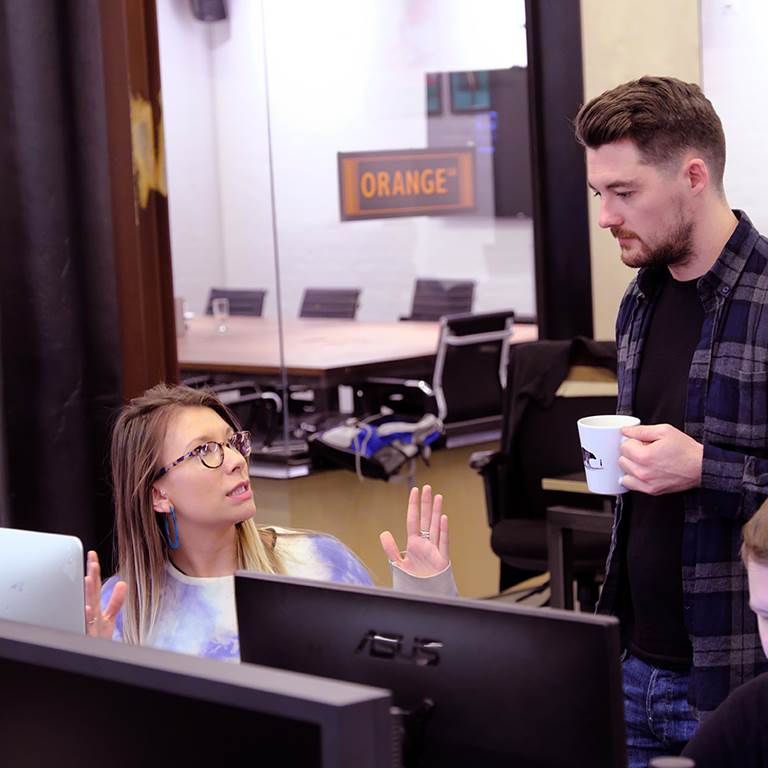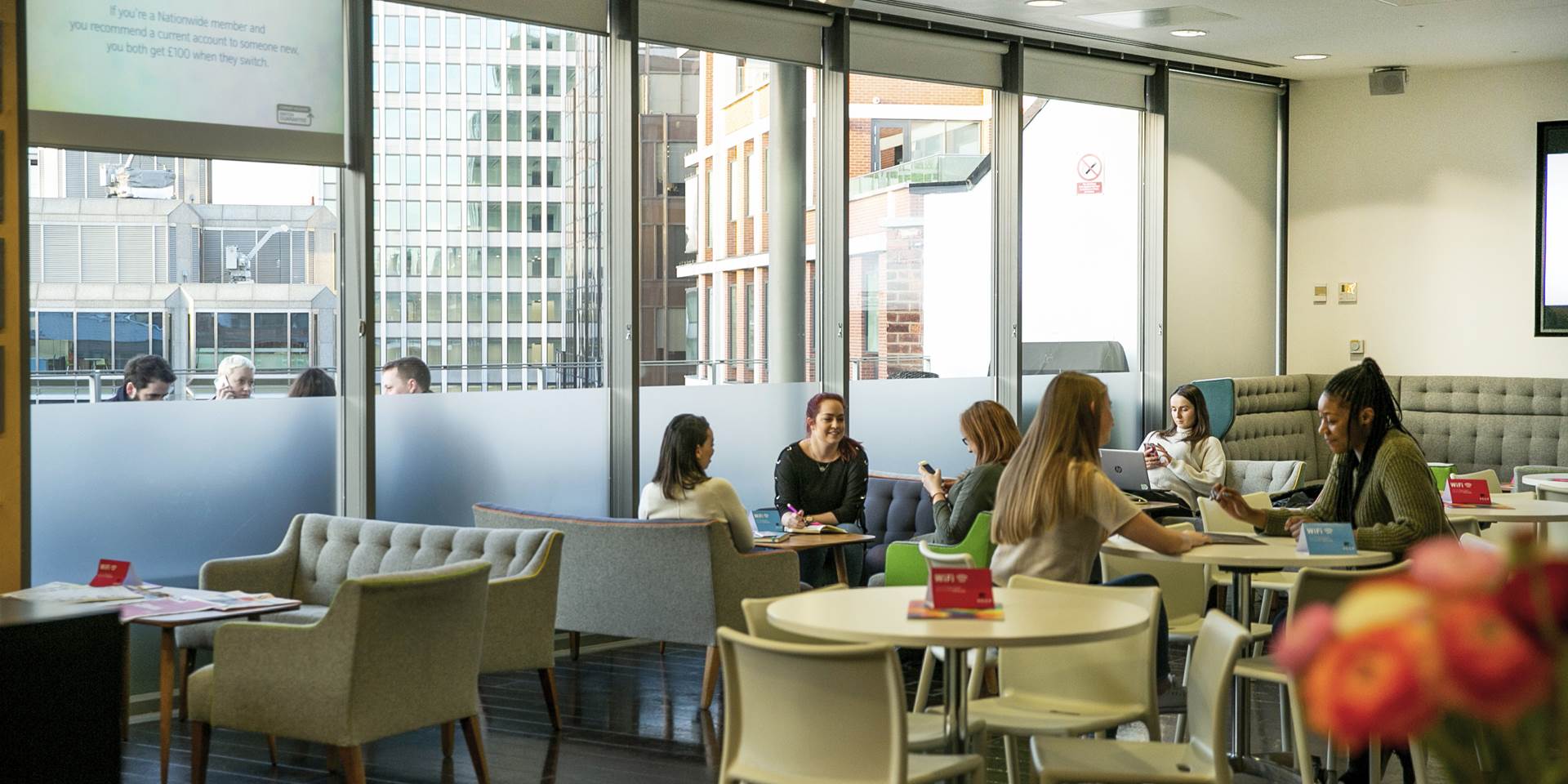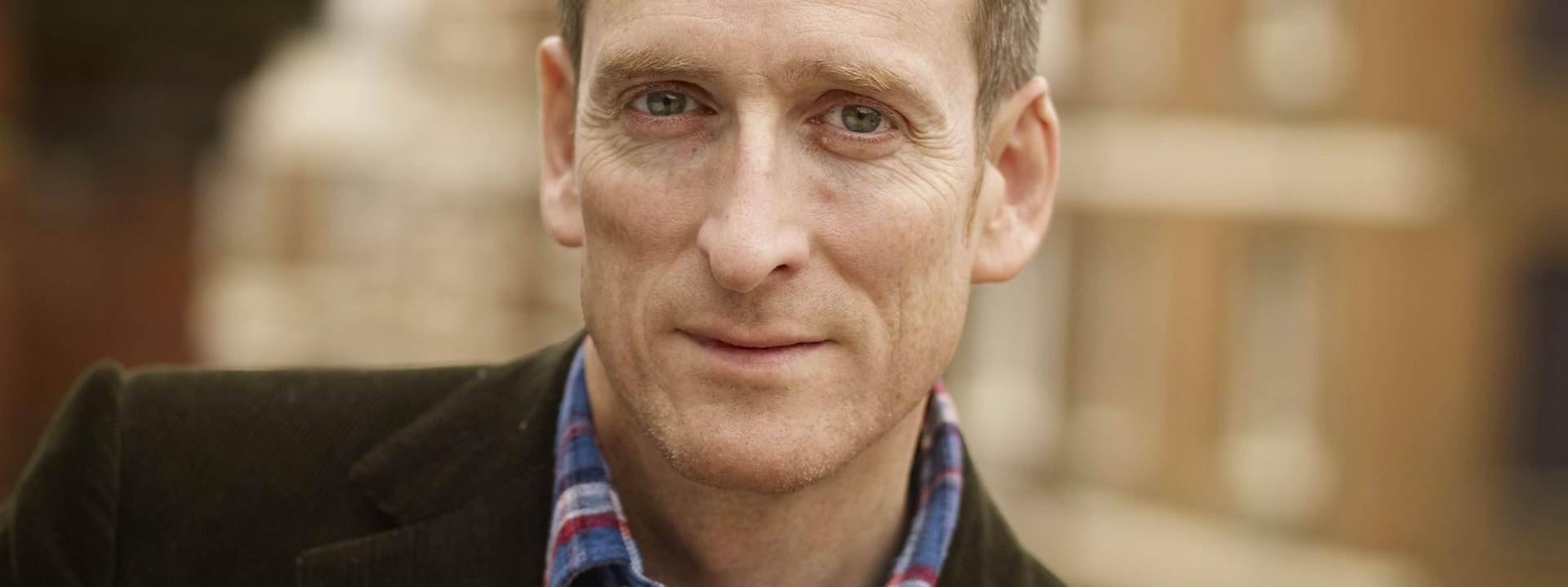In Praise of the Office
news
Agency News
Published by
Charles Vallance
Date
02/09/2019
I'm a long-term fan of flexible working. I’ve never been at my most productive before 10.00am and, following an afternoon lull, nearly always feel most alert and energetic from about 4.00pm to 7.30pm.

It may seem a surprise that working in an office now seems aspirational, given how many grudging things are said and written about the place. Not least in the withering satire of The Office. The ad industry, too, has its own habit of disparaging our humble work abode, often advocating a more "hot-desked" future and new shape-shifting business models. Indeed, I remember an ad from BT (which, quite understandably, has a stake in a remote world) confidently predicting the end of the office altogether. And yet the skyline only seems to see more and more office blocks going up.
So why does the office stubbornly persist as our preferred work forum given the many valid alternatives that now exist? Why do these alternatives remain complementary rather than substitutional? There are a thousand answers. But two of them reside in Daniel Pink's brilliant study on human motivation at work, which he distils into three key components: autonomy, mastery, purpose.
The trouble with remote working in its absolute sense (and I realise there are many variations) is that it can only really satisfy our drive for autonomy. And autonomy on its own is a lonely place or, as The Eagles sang in Desperado: "Freedom, well that's just some people talking / Your prison is walking through this world all alone / And not having the amenity of an office to fall back on." (I made up the last line.)

In many ways, too much autonomy can actually restrict the opportunity for mastery and purpose. Most of what we learn at work – most of our mastery – isn't formally taught and can't be relayed remotely. It involves watching people in action, in meetings, in pitches, in argument, in agreement, in corridors, in pubs and in restaurants, in front of clients, in defeat and in victory. It is very difficult to get this training sitting at home in your onesie logged on to a webinar or video conference. Or, worse still, disappearing down the wormhole of social media, where the illusion of friendship and heterogeneity can, in the words of Eli Pariser (The Filter Bubble), leave us inhabiting a "ghetto of one".
Purpose, even more than mastery, is a collective and contextual endeavour. You know instinctively when entering a building whether there is unity of purpose and a true team spirit. Such an atmosphere is irreplaceable and hard-won. Not all offices can necessarily hit these highs, but they can all play a vital role in building a sense of common purpose and belonging. And, if they don't, you can always have fun undermining the management that's making a mess of things. Counterculture can become a purpose all of its own – which is really what drove most of the humour at Wernham Hogg, right down to the jellied stapler.
Harold Kushner famously quipped: "No-one said on their deathbed: 'I wish I'd spent more time at the office.'" Perhaps so. But this assumes decades of enjoying all the benefits an office brings. There may be a remote generation coming through who take a rather different view.


